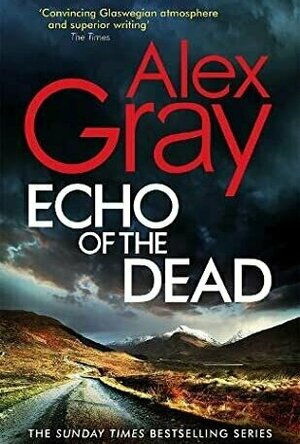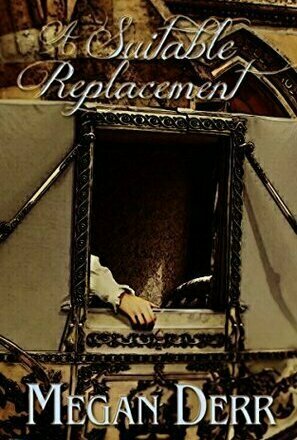
A Suitable Replacement (Deceived #4)
Book
After three years abroad on an arduous expedition, Maximilian is happy to be home, where he can...
Historical Fantasy Romance MM

Of Love and Betrayal (Warriors In Love #2)
Book
Aveline de Bondeville is on the run. Determined to keep out of the hands of the cruel Raimbaut de...
Medieval Historical Romance
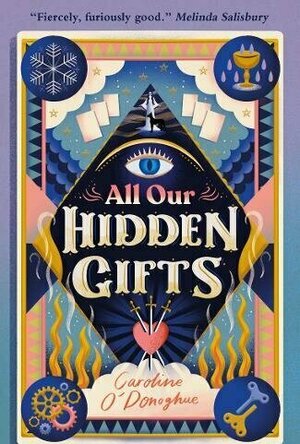
Daughters of a Dead Empire
Book
Russia, 1918: With the execution of Tsar Nicholas, the empire crumbles and Russia is on the edge of...
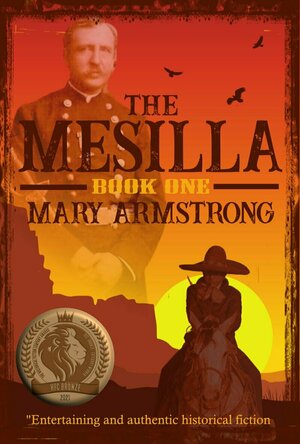
The Mesilla (Two Valleys Saga #1)
Book
At 14 years old, Jesus ‘Chuy’ Perez Contreras Verazzi Messi is too small and frail to work the...
Western Historical Fiction
Hazel (2934 KP) rated Echo of the Dead (DSI William Lorimer #19) in Books
Apr 10, 2022
Echo of the Dead if set in the Scottish Highlands and Alex Gray does an excellent job of 'selling' the area to the reader despite the darkness of the story.
Lorimer is on a break with his friend, Daniel, when they stumble upon a body. A short time later, another body is found and Lorimer returns with his Team to investigate. Are these connected and could they be related to an historical massacre?
With a great cast of characters, this is an intriguing mystery with twists and is a great edition to the series and one that I would recommend to lovers of this genre.
Thank you to Little, Brown Book Group and NetGalley for my copy in return for an honest, unbiased and unedited review.

Madgermanes
Book
‘Madgermanes’ is what the Mozambican workers once contracted out to East Germany are called...
East Germany Mozambicans Historical Fiction
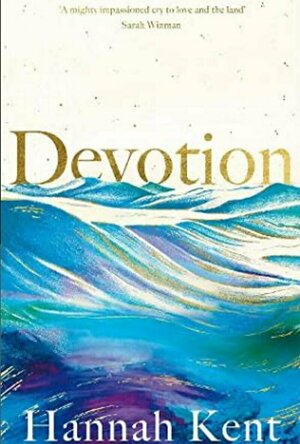
Devotion
Book
1836, Prussia. Hanne is nearly fifteen and the domestic world of womanhood is quickly closing in on...
Historical fiction Australia Prussia
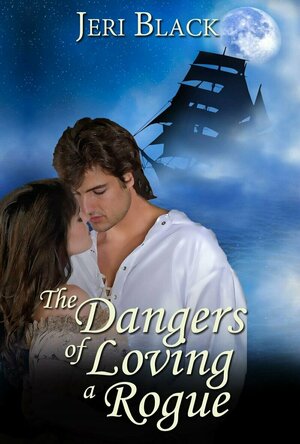
The Dangers of Loving a Rogue
Book
If not for deplorable timing, Celia Breckenridge might have avoided a pirate attack. She’s...
Historical Romance
Debbiereadsbook (1630 KP) rated The Dangers of Loving a Rogue in Books
Feb 13, 2023
I really enjoyed this! I found it a lot of fun, spattered with some drama, some bloodshed and some smexy times, and I want to read more of this author.
I loved that Celia was not going to be a proper lady of her time and was going to do what she wanted. Even if she really wanted her bethrothed AND Jackson!
I loved that jackson was, for a pirate, a proper gentleman with Celia, at least til he had a taste.
I loved Jackson's support network and I absolutely did NOT see the twist of who Celia's bethrothed was to Jackson!
Historical romances and pirate romances have been a bit hit and miss for me, but this is most definately a HIT!
*same worded review will appear elsewhere

Weyward
Book
KATE, 2019 Kate flees London – abandoning everything – for Cumbria and Weyward Cottage,...
Historical fiction Witches Magical Realism Trigger Warning: domestic violence
